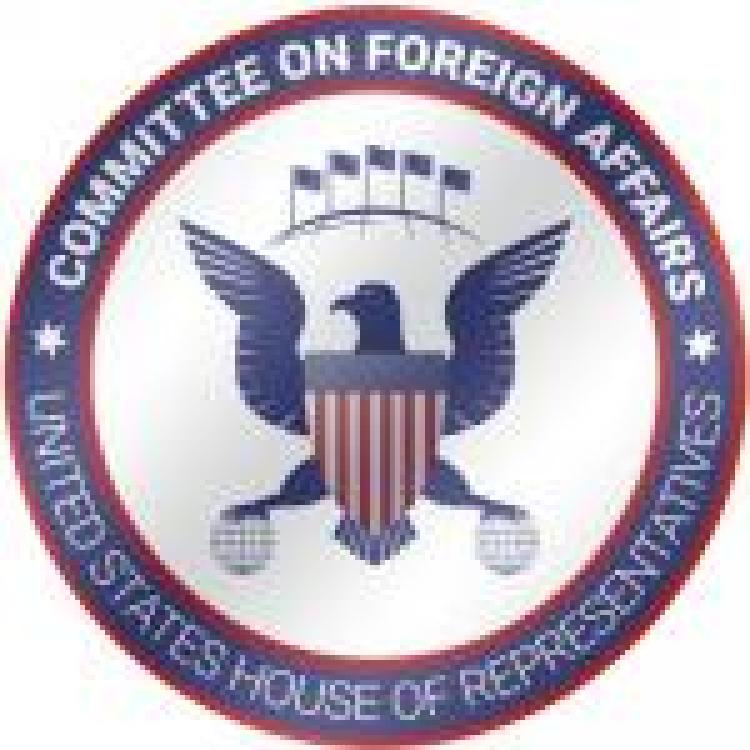A debate on Sri Lanka was held in the UK House of Commons on March 2, with three Labour MPs questioning the Foreign Commonwealth and Development Office (FCDO) on the UK’s engagement with and on Sri Lanka, including on the UK’s ‘extensive support’ to the Sri Lankan police and military.
Sam Tarry MP, Labour’s Shadow Transport Minister, asked what diplomatic and development work the FCDO was undertaking in Sri Lanka and Fleur Anderson MP, a Shadow Cabinet Minister, asked what recent assessment the Foreign Secretary had made of the human rights situation in Sri Lanka. Tan Dhesi MP, another Shadow Transport Minister, asked what steps the Foreign Secretary was taking to propose a new UN resolution to hold the Sri Lankan government to account for justice and reconciliation.
Nigel Adams, the Minister for Asia responded on behalf of the FCDO stating:
“The Minister for South Asia, Lord Ahmad, set out our serious concerns about human rights in Sri Lanka in a statement at the UN Human Rights Council on 25 February. On 22 February, the Foreign Secretary confirmed that the UK would lead a new resolution on post-conflict reconciliation, accountability and human rights. We continue to engage with Sri Lanka on these issues and on climate change, trade and the covid-19 response. UK-funded programmes in Sri Lanka support peacebuilding, resettlement, police reform and demining.”
“For decades, the UK has provided extensive military and police support to the Sri Lankan police and military, and this support has continued despite deeply troubling reports of the widespread use of torture by the Sri Lankan police, including the use of the death penalty for drugs charges,” Tarry said further, asking: “Will the Minister please explain why the UK has spent more than £7 million through its conflict, stability and security fund to assist the Sri Lankan police and military? More importantly, will he commit to publishing the full overseas security and justice assistance assessments for activities under this programme to reassure the House that the UK is not contributing to serious human rights violations?”
“Our engagement with the military in Sri Lanka is designed to support the development of a modern, effective and human rights-compliant military,” Minister Adams claimed in response. “Engagement with the police is focused on community policing, increasing women’s representation, and improving responses to sexual and gender-based violence. Our engagement is subject to ongoing overseas security and justice assessments, as he says, to ensure that it supports UK values and is consistent with human rights obligations.”
Dhesi stated that many of his constituents were “extremely distressed by the alarming reports of forced cremations of Sri Lankan coronavirus victims, including Muslims and Christians,” and asked what representations the Foreign Secretary had made to Sri Lanka on respect for, and the protection of religious beliefs and freedoms.
“The Minister responsible for Sri Lanka, has raised the important issue of human rights, accountability and reconciliation with his counterpart, the Sri Lankan Foreign Minister, and the UN high commissioner, but he also has deep concerns about the decision to mandate cremations for those deceased due to covid,” the minister responded.
“We are very concerned by the recent UN report on human rights and accountability in Sri Lanka,” the minister asserted in response to Anderson’s question on development at the UN Human Rights Council. “As I have said previously, we have made our concerns about the human rights situation clear. The Foreign Secretary has confirmed that the United Kingdom would lead a new resolution on post-conflict reconciliation, accountability and human rights.”


